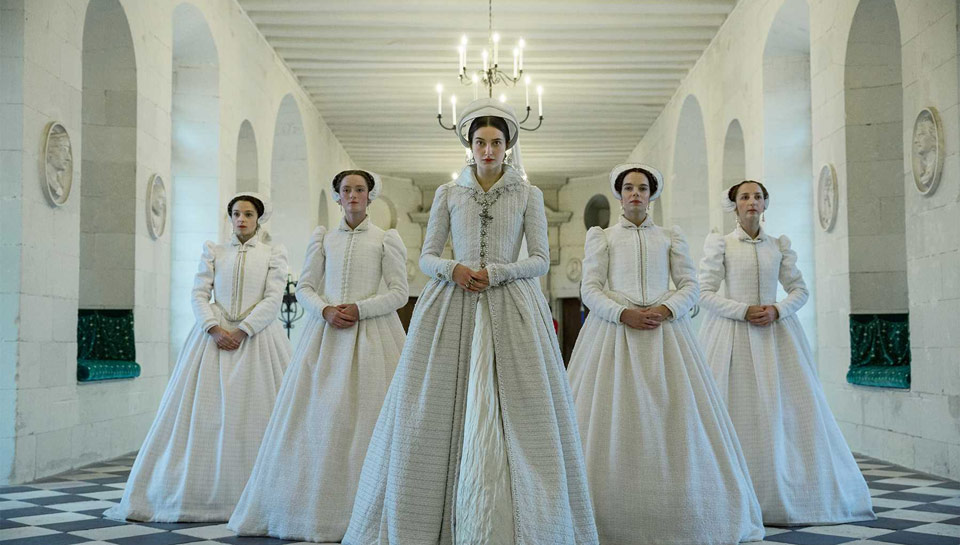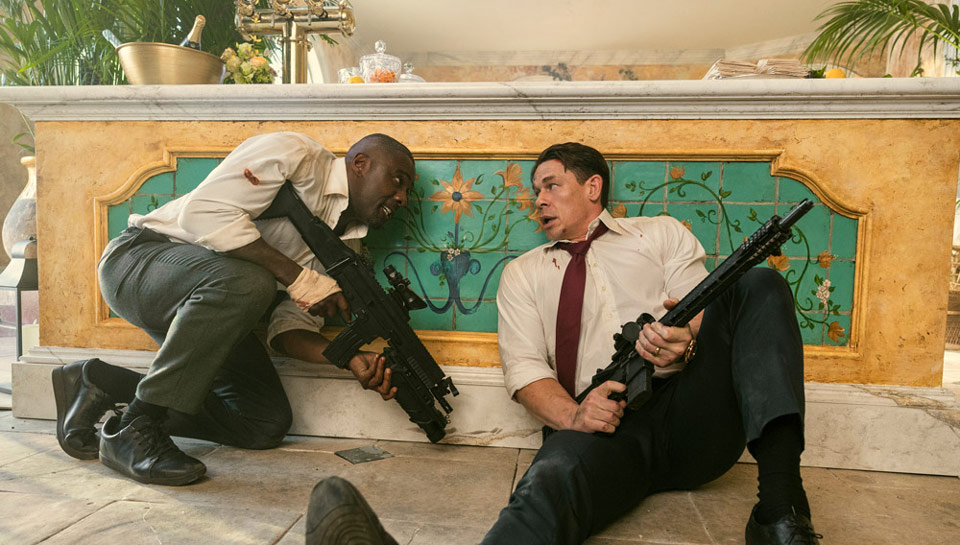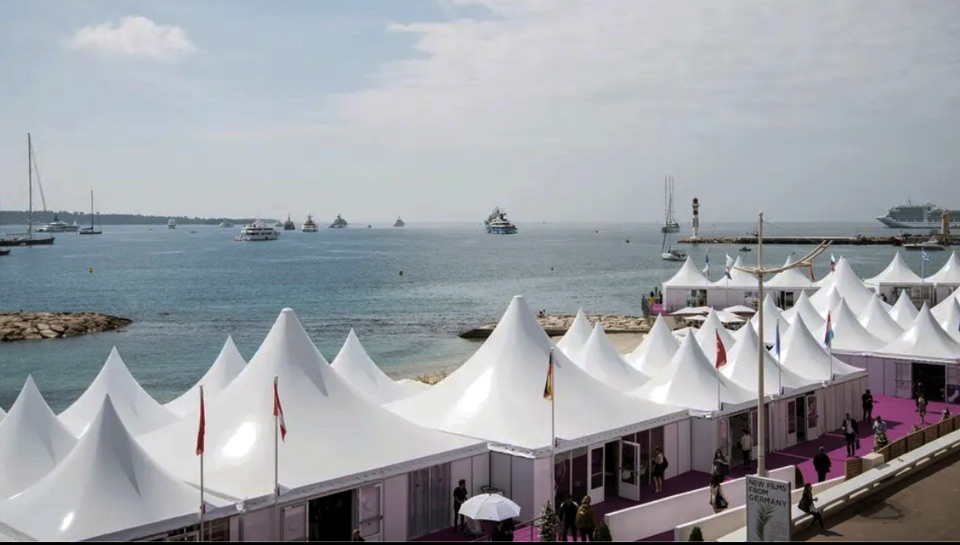What is your role on The Serpent Queen ?
I am an executive producer working on international films and series shot in France. This means I take care of all the provision of services on French soil. My company also manages accounting, filming authorizations, as well as equipment installation.
The series is shot in France but includes many visual effects, especially for historical reconstruction. How did you draw up the related budget?
We are currently preparing for season 2, and our experience on the first one has made our lives easier. We have technical scouting next week, and should start filming at the end of February. But we have been able to rely on what we had already done during season one: very precise specifications based on the requests we received along with the script regarding the shooting. These requests allowed us to have an exact vision of what needed to be made available to the team and, above all, to budget for all the visual effects.
In concrete terms, at the production level, how are the visual effects made?
We mainly work with French companies specializing in digital effects.
With regard to the creation of visual effects, would you say there is a difference between France and other countries ?
When it comes to quality, there is none. The level in France is very high. This is why we come here to carry them out. Above all, working in France saves us time and energy: we shoot and produce the effects at the same places, which allows us to have a continuous process between the set work and the digital work that comes after. The exchange of information is much smoother than if we had chosen to outsource the VFX. Obviously, it is also interesting from an economic standpoint since we can recoup 40% of the expenses we make here – provided of course that we fulfill certain requirements.
How hard is it to recreate the 16th century on screen?
France has an extraordinary heritage. There are many remaining objects/constructions from this period, including historical monuments. This is the most important for us! For our team, finding the right place, the right setting, is substantive work. But to succeed in showing what we want, we have to shoot both in a studio and on location.
Speaking of which, can you tell us more about filming outdoors?
If you prepare correctly, it's not very complicated, especially when you have the French monuments and landscapes available! At the time of the shooting, the whole team was seized by a passion for French history. (Laughs.) The real difficulty lies mostly in getting the permissions: some requests can sometimes be quite specific, but we usually get what we want. Filming on location is not fundamentally that different from filming in a studio. As the production goes on, we come to realize the series needs a particular craft, so we have no choice but to constantly rework and adapt.
What about in-studio shooting?
I often say that when you shoot in a studio, you are inside a black box with nothing in it...
So you always need the outdoors…
Among the projects I work for in France, none are shot entirely in a studio. None. People come here to make the most of and highlight the country's heritage. Also, don't forget there are very good actors in France, which is very important for big productions. We hire a lot of people directly on the spot. In addition, the financial valuation of shooting in France is not uninteresting. French people take an interest in filming, which leads to media coverage.
It is ultimately very virtuous...
Yes, it is. We pay to be able to use these places and, as a result, we invest in the preservation of historical monuments. By filming, we help to maintain and protect many places. We also try to work with local companies as much as possible, and to hire people on site. This spirit of partnership is important when it comes to working on big projects. We try to collaborate with regions that deserve to be supported. I did a lot of off-season filming in several places in France; these are often rather quiet during the winter. By going there to shoot on location, with a large team, we support local hotels and restaurants. In 2020, during the filming of The Last Duel by Ridley Scott in the Dordogne, in southwest France, we involved the whole region by giving work to local restaurateurs and hotels, at the time of the year when they usually make little turnover.
And how is the rest of the team – in particular non-French crew members – organized ?
Our know-how is to highlight French resources as much as possible. So we have very few foreign people. On The Serpent Queen, less than ten people come from the United States and the United Kingdom, including the technicians. They stay in France for some time, and therefore need work permits and visas. This is a detail that requires an important administrative process, which is enormously supported by the CNC. Filming in France enables to get funding. It's something instinctive, which becomes even more interesting with the TRIP (taxe rebate for international production), which is a real financial work tool in France.
The Serpent Queen was filmed, among other places, in the Centre-Val de Loire region: is shooting a film outside Paris particularly complicated?
The issues we encounter while filming are different in Paris and in other regions. But I wouldn't say that filming in Paris is easier. Sometimes, it is even much more complex to be in the capital. In any case, I never say to myself “let’s go shoot in Paris, it will be easier!" (Laughs).
You have benefited from the TRIP for several years now. How would you describe your relationship with the CNC?
We work hand in hand. I was a member of Film France’s board of directors’ commission, the film commission now integrated into the CNC. I try to work as much as I can with France. I have a really good and strong relationship with my english-speaking colleagues with whom I exchanged information, figures and ideas. It’s always a pleasure.
The filming (in the studio) took place at Provence Studios (Martigues). The VFX were produced by the companies Trimaran, Mac Guff, MPC (Mikros) and Digital District.





